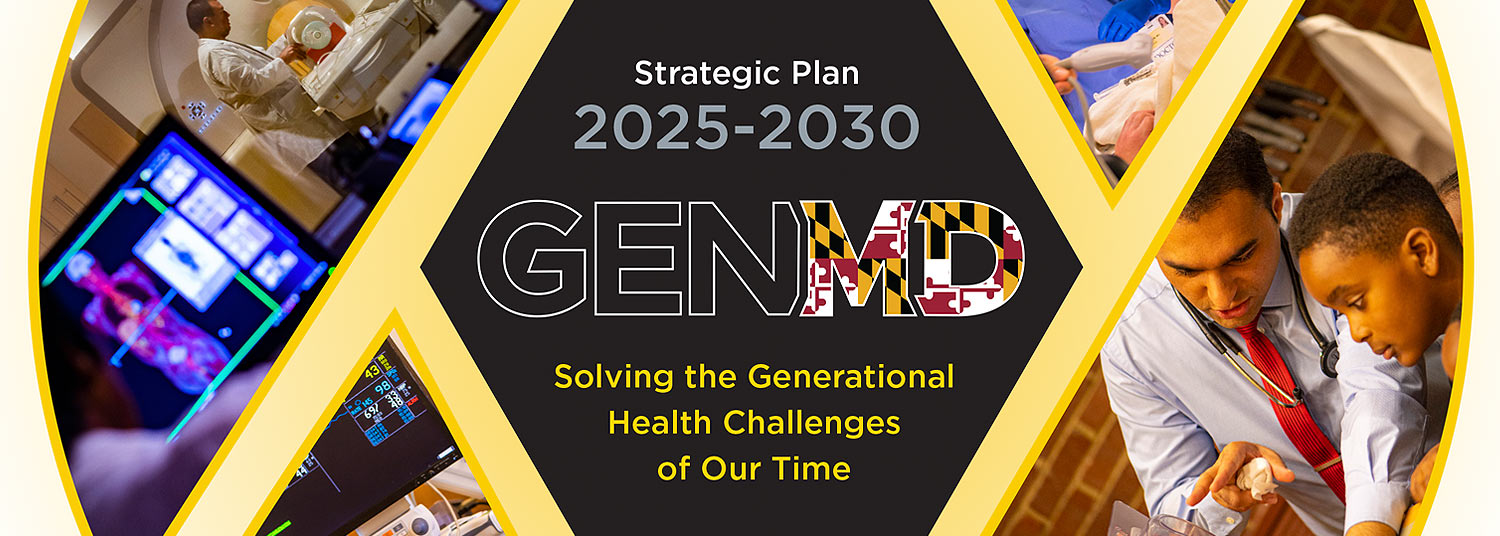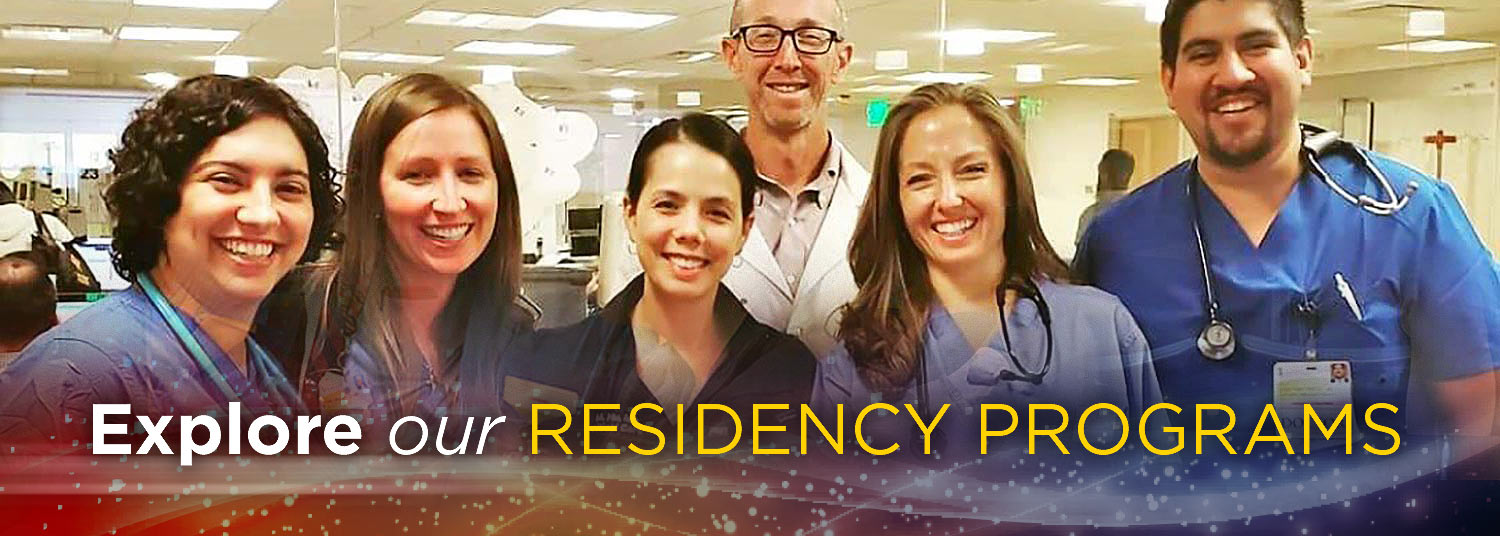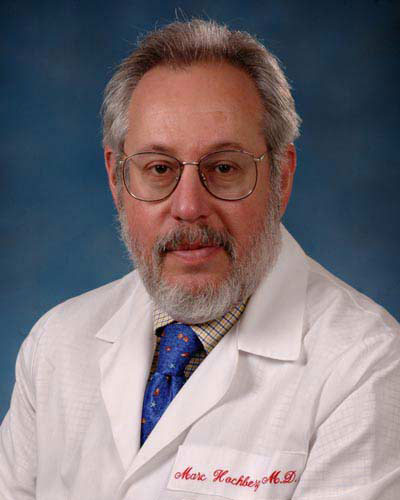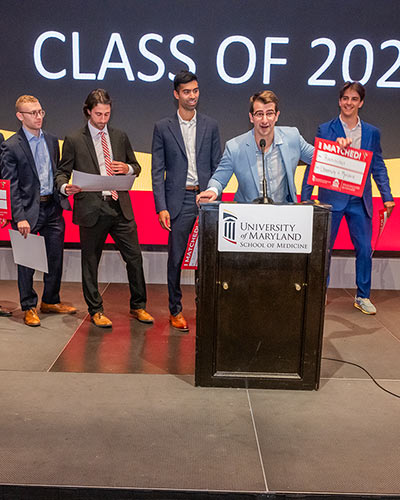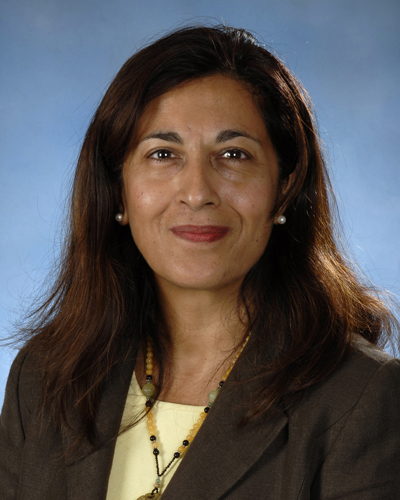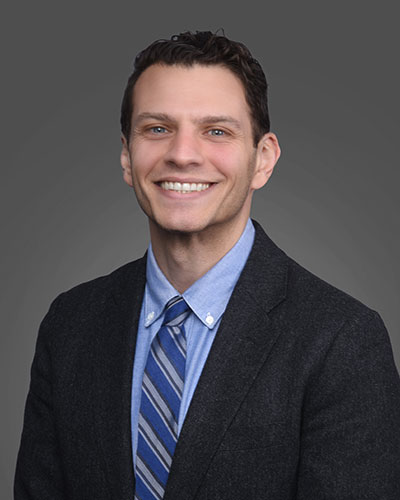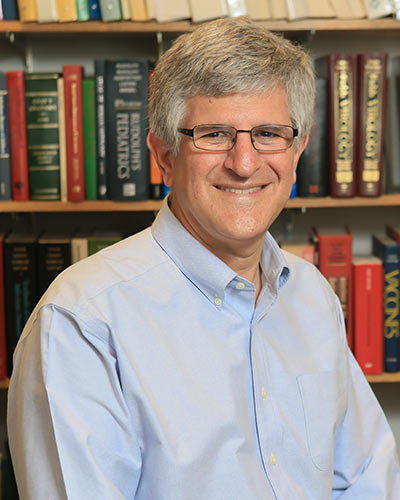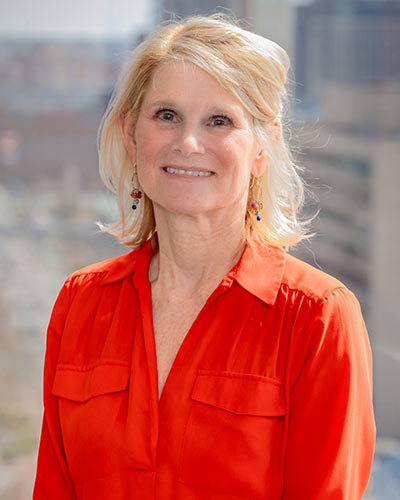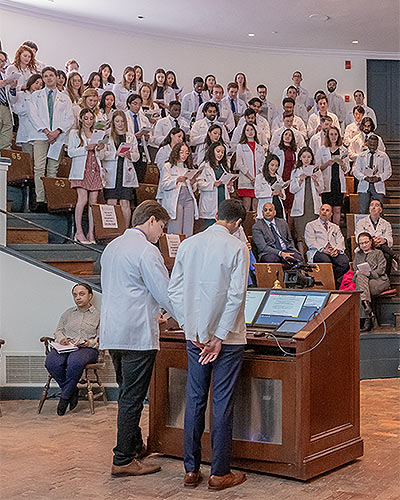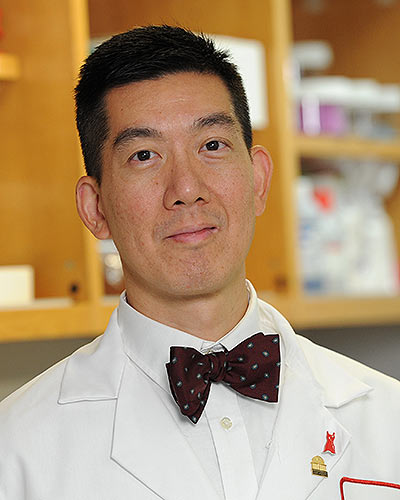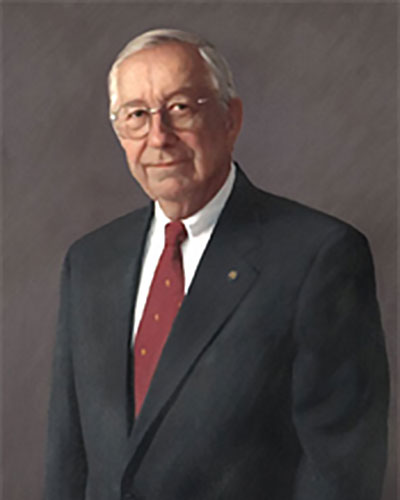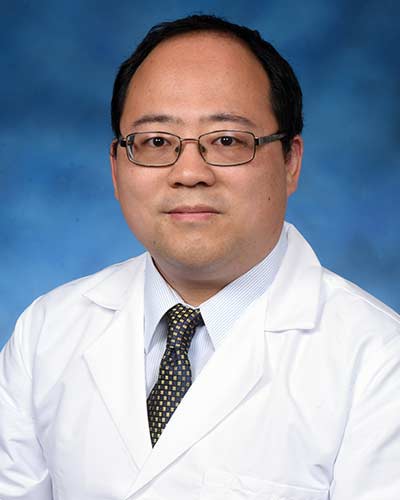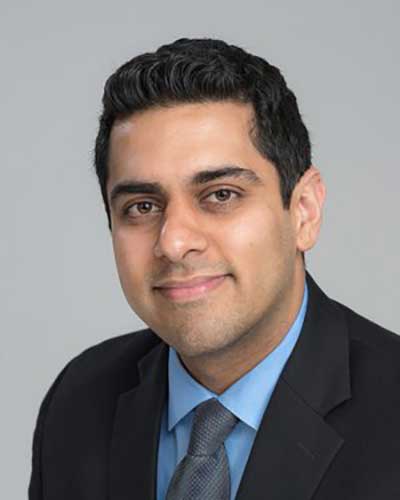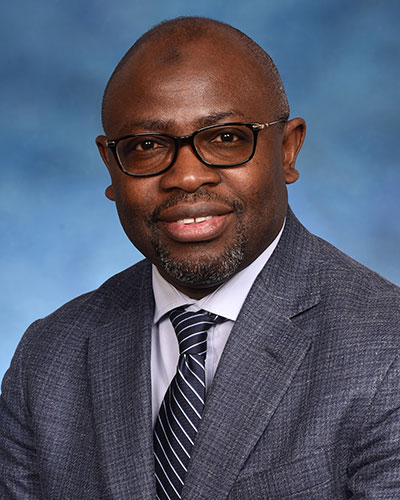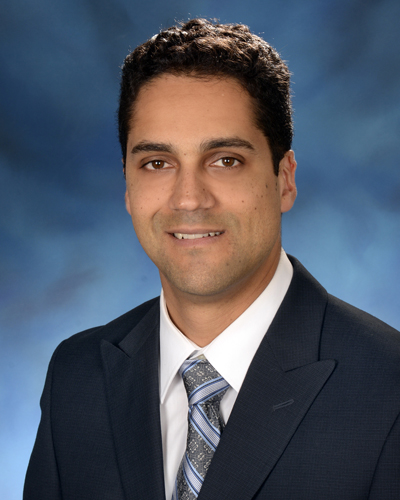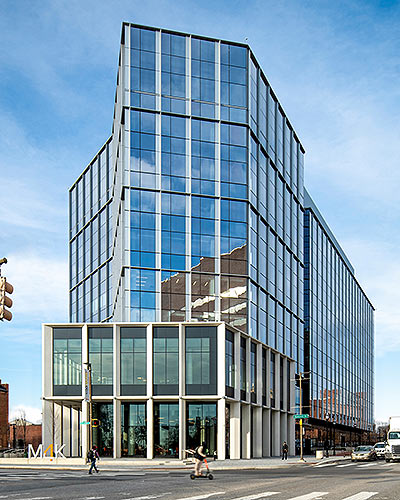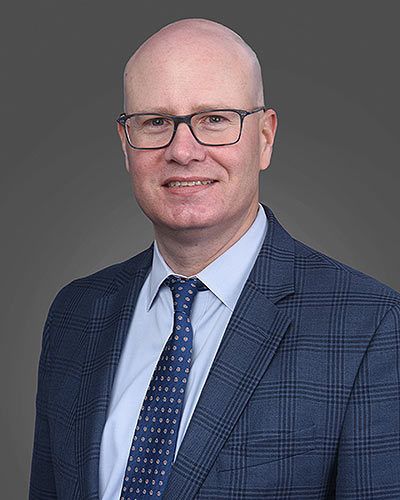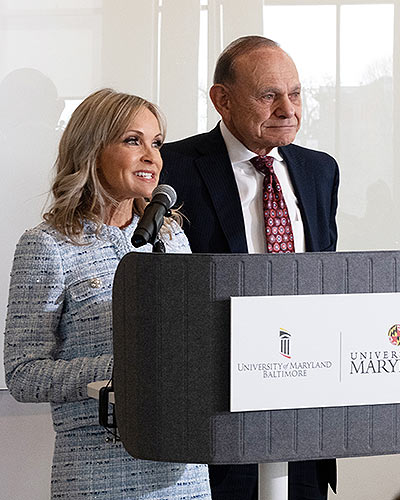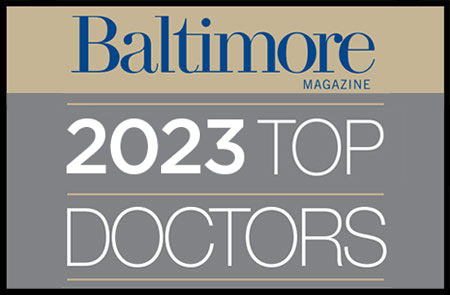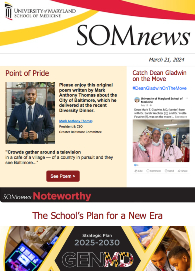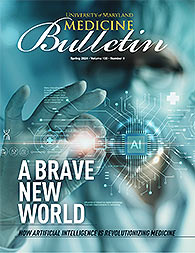University of Maryland School of Medicine
Events
Publications
ArchiveJust the Facts
Departments
Graduate Programs
Graduate Programs
Master's Programs
Combined Degrees
Programs, Research Centers, and Institutes
Programs
Research Centers
- Advanced Research Training & Innovation (CARTI)
- Biomedical Engineering & Technology
- Biomolecular Therapeutics (CBT)
- Epigenetic Research in Child Health & Brain Development
- Maryland Psychiatric Research Center (MPRC)
- Research on Aging
- Shock, Trauma & Anesthesiology Research (STAR)
- Vaccine Development & Global Health (CVD)
CIBR Core Facilities
Center for Innovative Biomedical Resources
Animal Model Resource
- Musculoskeletal Physiology Core
- Small Animal Surgery and Physiology (SASP) Core
- Translational Laboratory Shared Services (TLSS)
- Veterinary Resources (VR)
Bioinformatics & Statistics
- Biostatistics and Informatics Core (UMGCCBIOSTATS)
- Center for Health-Related Informatics and Bioimaging (CHIB)
- Clinical and Translational Research Informatics Center (CTRIC)
- Maryland Genomics *CLIA
- Pharmaceutical Research Computing
Clinical Resource
- Amish Research Center (ARC)
- Brain and Tissue Bank (BTB)
- Cytogenetics Laboratory *CLIA
- General Clinical Research Center (GCRC)
- Pathology Histology (PHC)
- Pathology Biorepository Shared Services (PBSS)
- Pediatric Biochemical Genetics *CLIA
- Maryland Genomics *CLIA
- Translational Genomics Laboratory (TGL) *CLIA
- Translational Laboratory Shared Services (TLSS)
- UMM Biorepository (UMM_BIOBANK)
Cytometric & Bioassay
- Cytokine Core Laboratory (CCL)
- Flow Cytometry Core (FCC)
- Mass and Flow Cytometry Core (CVD FLOW)
- Red Blood Cell (RBC) Physiology and Hemostasis Core
- BSL-3 (Infectious Cells) Flow Cytometry
- μQUANT Facility
Drug Development Resource
- Center for Nanomedicine and Cellular Delivery
- Clinical Pharmacology Unit
- Computer Aided Drug Design Center
- Center for Biomolecular Therapeutics (CBT)
NMR | CryoEM | Xray Crystallography | & More - Industrial Pharmaceutics & GMP Manufacturing Lab
- Nanofabrication and Characterization Core
- Pharmacokinetics Biopharmaceutics Lab
- Quality Management System (QMS)
Imaging Technologies
- Center for Biomolecular Therapeutics (CBT)
NMR | CryoEM | Xray Crystallography | & More - Center for Translational Research in Imaging (CTRIM)
MRI | PET-CT | Xenogen | MR-Guided Ultrasound - Confocal Microscopy Core (CMC)
- Electron Microscopy Core (EMC)
Nucleic Acid & Genomic
- Cytogenetics Laboratory *CLIA
- Maryland Genomics *CLIA
- Translational Genomics Lab (TGL) *CLIA
- Viral Vector Core (VVC)
Structural Biology
- Biosensor Core (BSC)
- Center for Biomolecular Therapeutics (CBT)
NMR | CryoEM | Xray Crystallography | & More - Mass Spectrometry Core (MS)






